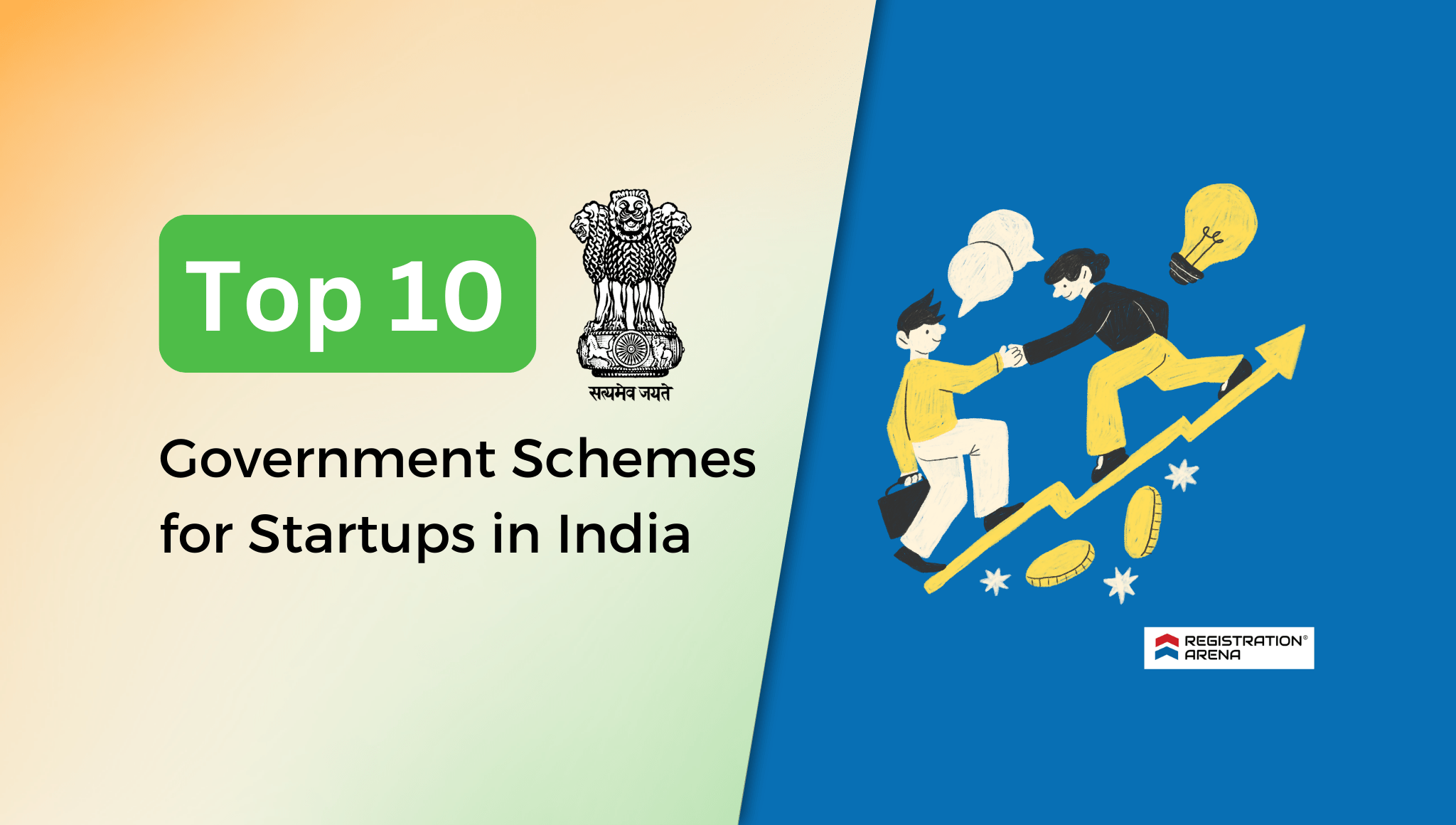In the ever-evolving realm of India’s startup ecosystem, government support plays a central role in promoting entrepreneurship and innovation. The government has crafted numerous schemes to promote and encourage budding entrepreneurs. These schemes, ranging from financial incentives to mentorship programs, aim to provide necessary resources and opportunities to entrepreneurs. It helps them get closer to their goals of creating successful businesses in the fastest-expanding startup ecosystem in the world.
In this blog, we will learn about the top 10 government schemes for startups in India. Let us begin by understanding the meaning of a startup.
What is a Startup?
There is no legal definition of the term ‘Startup’. However, in general parlance, a startup means a newly established business enterprise that places a strong emphasis on innovation, scalability, and addressing unfulfilled market needs or demands.
Generally, startups are founded by one or more entrepreneurs who want to develop an innovative product or service. They usually with high costs and limited revenue, which is why they look for capital from a variety of sources.
Some of the examples of successful startups in India are Paytm, Zomato, Ola, Groww, etc.
Note – This is a general definition of startup. The eligibility criteria for availing government schemes differ from one scheme to another.
Top 10 Government Schemes for Startups in India
Although various government schemes have been introduced to support startups in India but following are the top 10 most popular schemes. They have gained significant recognition within the entrepreneurial landscape.
Startup India Initiative
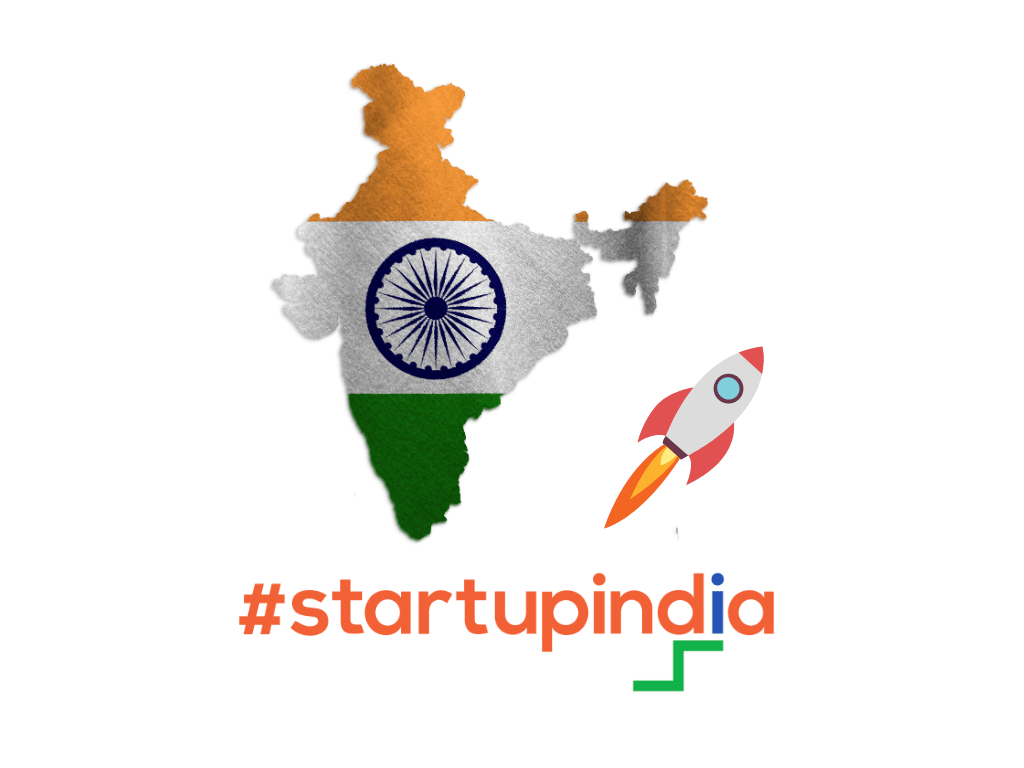
In 2016, the Indian government launched the ‘Startup India Initiative’ with the aim of strengthening the startup ecosystem of the country. This program extends a range of incentives and advantages to eligible startups. Additionally, such startups shall hold recognition from the Department for Promotion of Industry and Internal Trade (DPIIT).
The following benefits are provided to the eligible startups –
- Startups can self-certify compliance with 6 Labor Laws and 3 Environmental Laws online.
- Patent applications by startups will be expedited, with an 80% rebate on filing fees.
- Eligible startups can enjoy a 3-year income tax exemption within their first ten years.
- Startups with simple debt structures can be liquidated within 90 days under the Insolvency and Bankruptcy Code.
- DPIIT-recognized startups can sell products and services directly to government entities through the Government e-Marketplace (GeM), fostering opportunities for trial orders.
Registration under this scheme is easy and hassle-free. Get in touch with our experts and register for the Startup India Scheme today.
Startup India Seed Fund Scheme
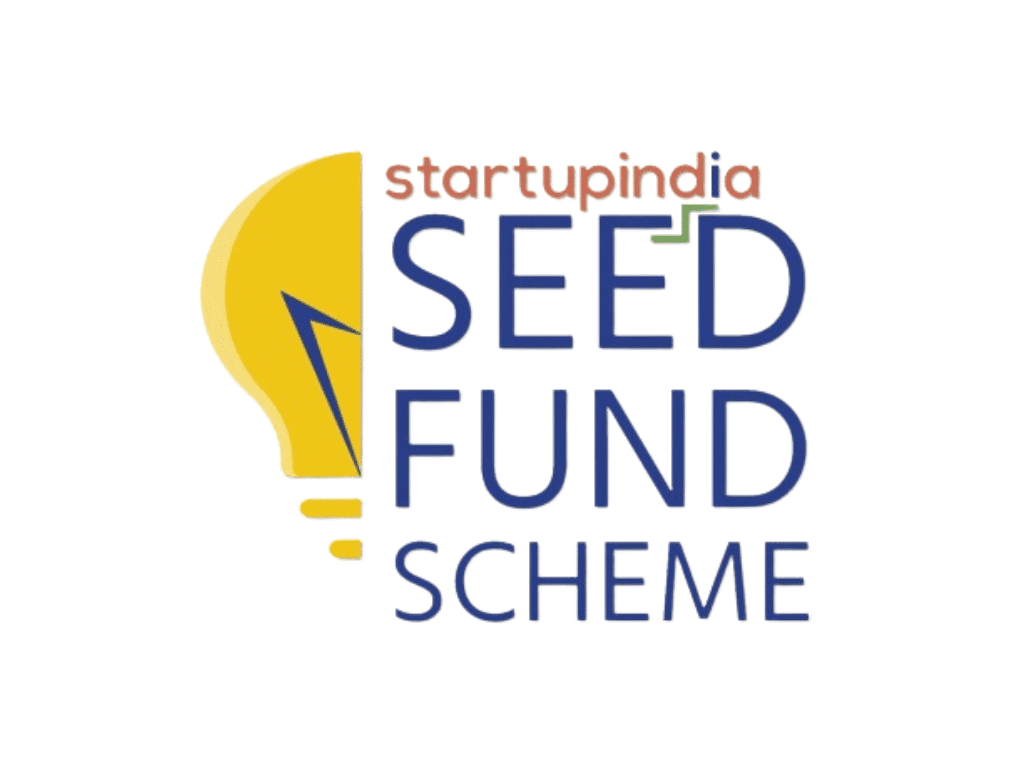
Seed funding is the second stage of startup funding in which it is ready with the prototype and needs to test the product or service in the market. At this stage, startups require huge funding, and the inadequacy of capital might result in the failure of the startup.
Therefore, DPIIT has launched the Startup India Seed Fund Scheme (SISFS) with a budget allocation of INR 945 Crore. This initiative aims to offer monetary support to eligible start-ups at their initial stages to help them in activities such as Proof of Concept, prototype development, product testing, market-entry, and commercialization.
An expert Advisory Committee (EAC) has been established to handle the execution and monitoring of the SISFS. It evaluates and selects incubators for allotment of seed funds, monitors progress, and takes all necessary steps for efficient utilization of funds.
Under the scheme, eligible startups receive –
- Grants up to Rs. 20 Lakhs for validation of Proof of Concept, prototype development, or product trials;
- Investments up to Rs. 50 Lakhs for activities such as market entry, commercialization, or scaling up through convertible debentures, debt, or debt-linked instruments.
Credit Guarantee Scheme for Startups
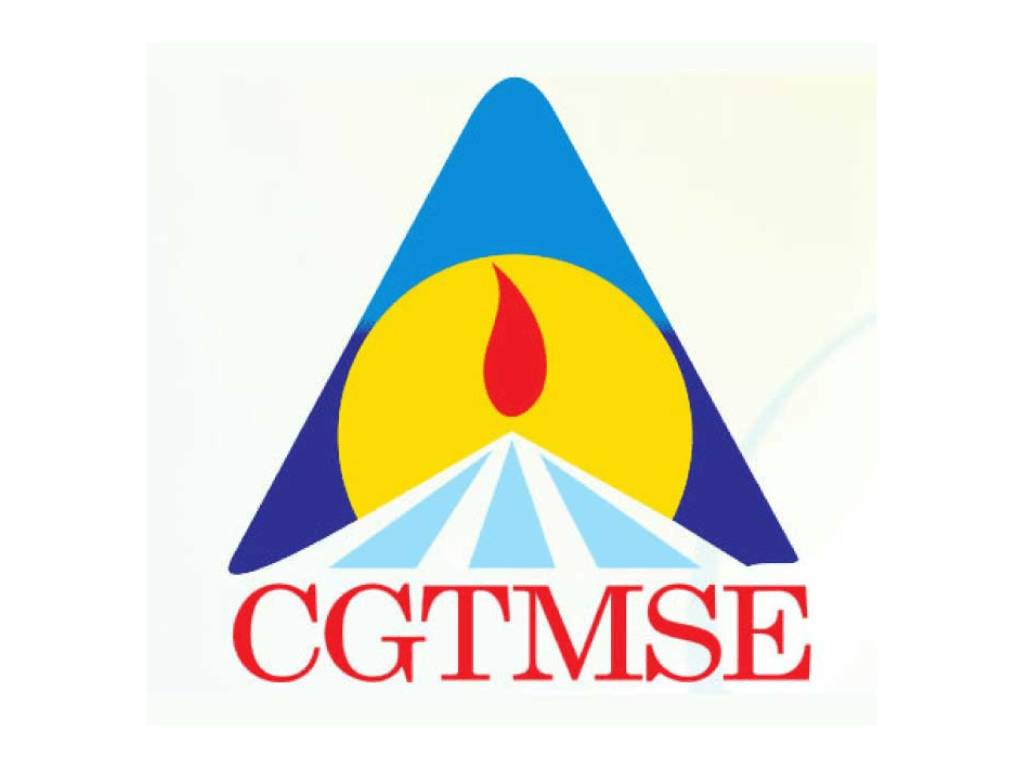
The Credit Guarantee Fund Trust for Micro and Small Enterprises (CGTMSE) is a collaborative effort of the Ministry of Micro, Small & Medium Enterprises (MSME), the Government of India, and the Small Industries Development Bank of India (SIDBI) to mobilize domestic capital for Indian startups.
Its purpose is to –
- Enhance the accessibility of institutional credit for Micro & Small Enterprises (MSEs);
- Reinforce the credit delivery system; and
- Expand financial access to underserved and underprivileged segments.
Under the Credit Guarantee Scheme, the trust (CGTMSE) provides a credit guarantee to lending institutions such as banks and financial institutions for loans provided by them to micro and small enterprises.
Guarantees for loan amounts up to Rs. 500 lakhs are provided and the coverage of the guarantee ranges between 75-85% of the loan amount, which reduces the risk of the lender. Further, the annual guarantee fee for an amount up to Rs. 10 lakhs is as low as 0.37%.
Atal Innovation Mission (AIM)
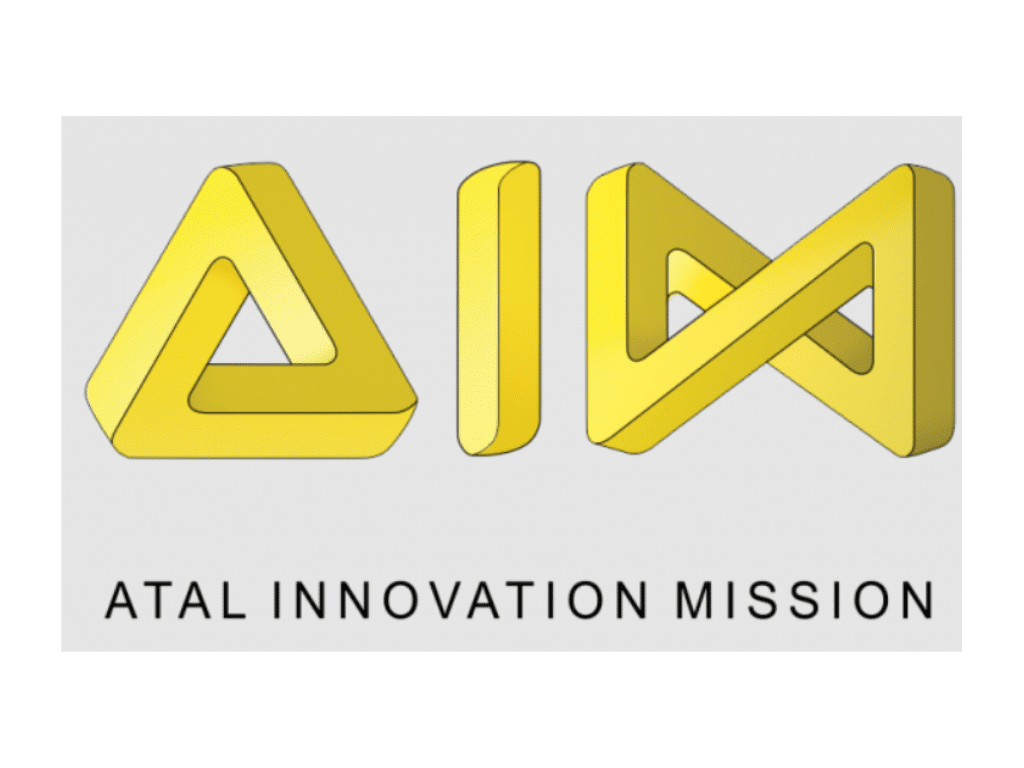
Atal Innovation Mission (AIM) is set up under the guidance of NITI Aayog. It is a premier effort taken by the Government of India to foster a culture of innovation and entrepreneurship within the nation. It aims to innovate, create, and design market-ready products with the help of cutting-edge technologies in 17 pre-defined focus areas.
Several programs and projects have been launched under the banner of AIM to offer vital assistance, mentoring, and funding to startups in a variety of sectors. The following are the 2 main initiatives for startups.
Atal Incubation Centers
AIM has established Atal Incubation Centres (AICs) across universities, institutions, and business entities as part of its objective to cultivate a culture of innovation and entrepreneurship in India. These AICs provide vital support to incubated businesses such as cutting-edge facilities, resource access, mentorship, finance, collaborations, networking opportunities, co-working spaces, and laboratory facilities.
AIM operates 69 AICs in 18 states and three union territories. Notably, these AICs have helped over 2900 startups, with over 900 led by women, helping to create over 30,000 jobs in the startup ecosystem.
ARISE ANIC Challenges
AIM has launched 15 ARISE-ANIC challenges in collaboration with various partner Ministries, including the Ministry of Housing and Urban Affairs, the Ministry of Health and Family Welfare, the ISRO, etc. to systematically foster innovation in the MSME and startup sectors.
These challenges aim to enhance research skills within the startup and MSME ecosystems, enabling the transformation of promising concepts into practical and innovative prototypes. As part of this attempt, 160 candidates are currently being evaluated.
Software Technology Parks of India (STPI)
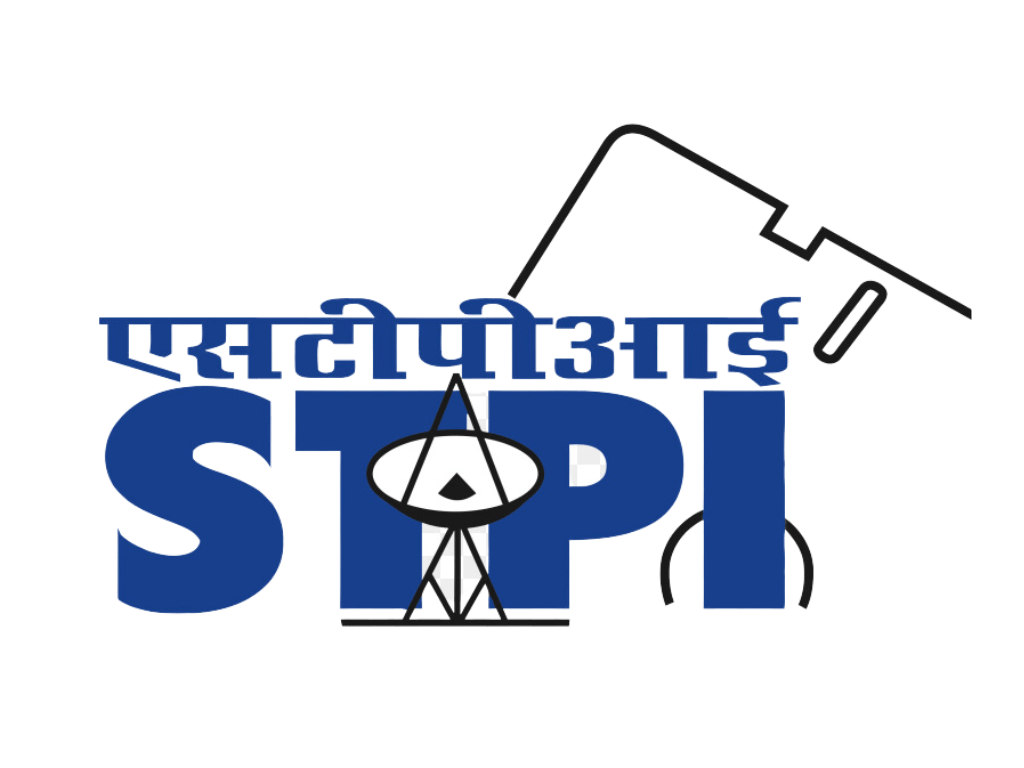
Software Technology Parks of India (STPI) operates as a prominent scientific and technological organization under the Ministry of Electronics and Information Technology (MeitY).
It’s dedicated to promoting the IT industry, fostering innovation, driving R&D, nurturing startups, and stimulating product development in the realm of emerging technologies like IoT, Blockchain, Artificial Intelligence (AI), Machine Learning (ML), Computer Vision, and Robotics, among others.
With a collaborative approach, STPI is establishing Centers of Excellence (CoEs) and technology incubators across India to establish the nation’s leadership in these technology domains. Presently, STPI has launched 22 Centers of Entrepreneurship (CoEs).
In addition, since its inception in 1991, STPI has developed a network of 63 centers, that play a pivotal role in boosting IT, job creation, and nurturing startups to innovate and produce software products within their respective regions.
Pradhan Mantri Mudra Yojana (PMMY)
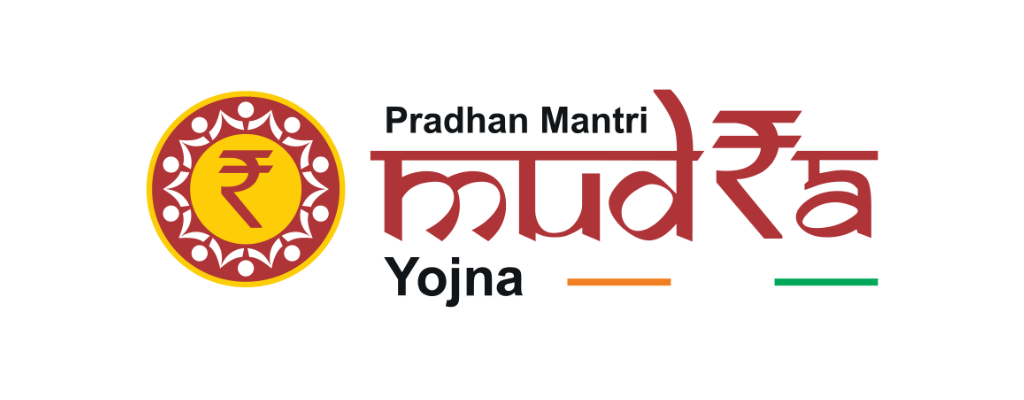
The Pradhan Mantri Mudra Yojana (PMMY) was launched on April 8, 2015, with the goal of granting loans up to Rs. 10 lakhs to non-corporate, non-farming small and micro companies functioning in areas like manufacturing, processing, trading, or the service industry.
These loans, known as MUDRA loans under PMMY, are available to any Indian citizen who has a viable business plan. Eligible persons can approach banks, Micro Finance Institutions (MFIs), or NBFCs for loan disbursement while adhering to the lending agency’s usual terms and conditions and the RBI’s lending rates.
Ebiz Portal
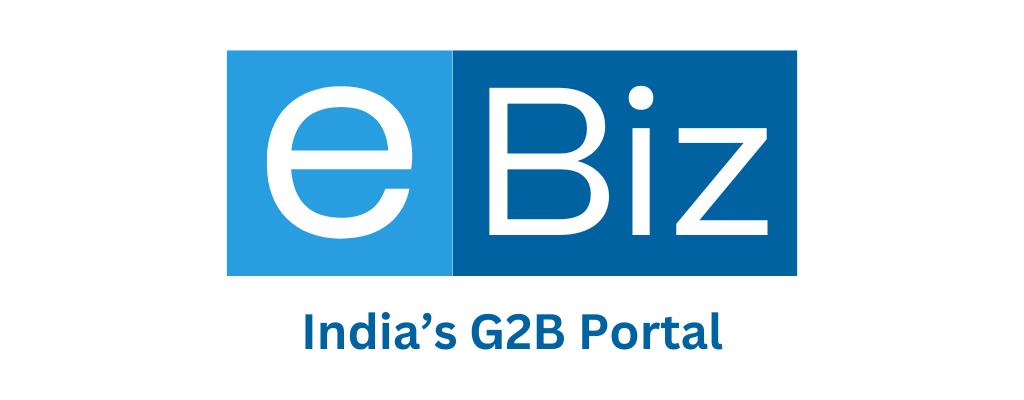
Ebiz portal, developed by Infosys, is India’s first online Government-to-Business (G2B) platform. It improves communication and collaboration between the government and business. Ebiz offers 29 services in five Indian states (New Delhi, Tamil Nadu, Andhra Pradesh, Haryana, and Maharashtra) and there are plans for further expansion as well.
The Indian government launched eBiz in 2013 as one of its 27 Mission Mode Projects, with the goal of –
- Creating an investor-friendly environment;
- Unifying G2B services into a single online portal;
- Minimizing bureaucracy;
- Standardizing the flow of information;
- Maintaining transparency and visibility;
- Reducing total cost through eliminating dependency upon middlemen;
- Providing a single point of contact for services; and
- Simplifying compliance for a variety of stakeholders, including entrepreneurs, industries, regulatory bodies, and financial institutions.
Moreover, the project is organized in phases, with 50 services scheduled for the pilot phase and more than 200 services anticipated over a 10-year span.
Dairy Processing and Infrastructure Development Fund (DIDF)

In 2017, the Government of India, in partnership with the National Bank for Agriculture and Rural Development (NABARD) established the Dairy Processing & Infrastructure Development Fund (DIDF) with a total corpus of Rs. 8,004 crores.
This scheme offers subsidized loans at a rate of 6.5% to capital-stressed milk cooperatives. The primary aim is to facilitate the replacement of outdated chilling and processing facilities, as well as the establishment of value-added product plants.
In addition, the following are the objectives of the scheme –
- Enhancing the operational efficiency of dairy processing plants and producer-managed dairy institutions
- Supporting producer-managed institutions in expanding their milk share,
- Offering rural milk producers increased opportunities for ownership, management, and market participation within the organized milk sector.
Eligible institutions for the scheme include State Cooperative Dairy Federations, Co-operative Milk Unions, Milk Producer Companies, Multi-State Milk Cooperatives, NDDB subsidiaries, Farmer Producer Organisations (FPOs), and Self-Help Groups (SHGs). Moreover, these institutions shall be profit-making and shall have a positive net worth.
Multiplier Grants Scheme (MGS)
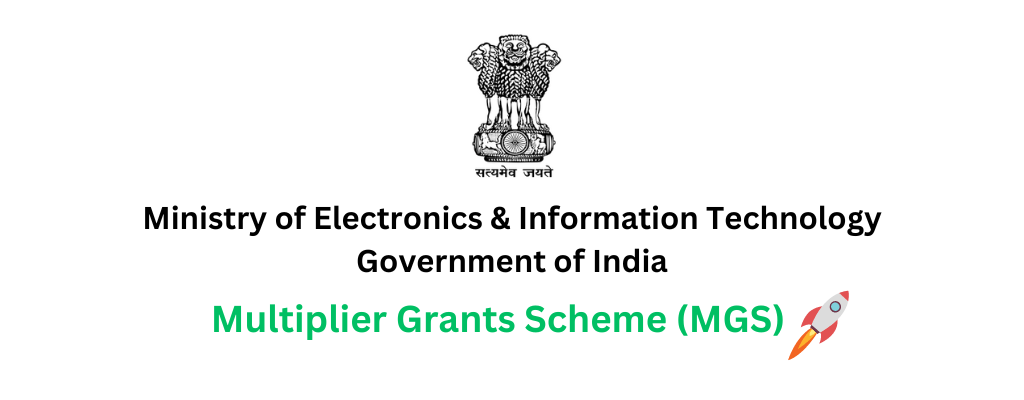
The Multiplier Grants Scheme (MGS) developed by the Department of Electronics and Information Technology (DeitY) is a scheme to encourage collaborative research and development (R&D) partnerships between industry and academic R&D institutions.
According to the scheme, if a particular industry supports R&D for the creation of commercially viable products, the government will contribute twice the amount contributed by the industry. Therefore, the industry and institutions should submit combined proposals for financial assistance under the initiative.
For individual industries, the maximum government grant per project is capped at Rs. 2.0 Crores for projects that have a duration of less than 2 years. In the case of industry consortiums, these limits are increased to Rs. 4.0 Crores per project with a duration of up to 3 years.
ASPIRE – A Scheme for the Promotion of Innovation, Rural Industries and Entrepreneurship
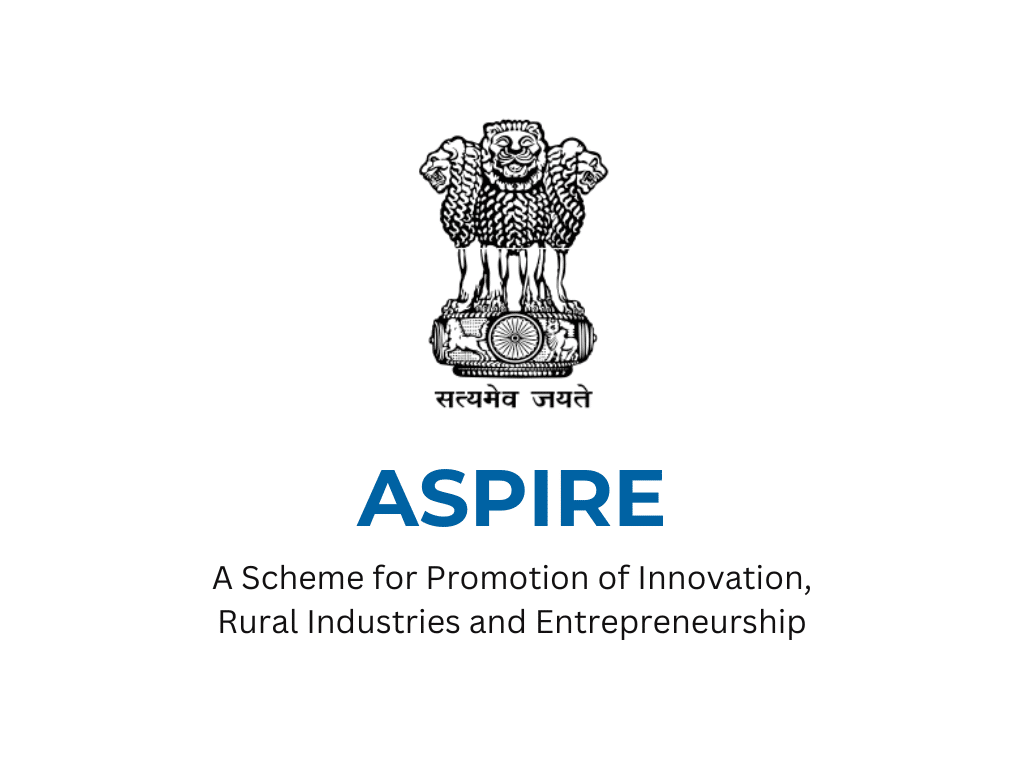
ASPIRE, which stands for ‘A Scheme for Promotion of Innovation, Rural Industries, and Entrepreneurship‘ is a scheme that operates under the Ministry of Micro, Small and Medium Enterprises.
The primary focus of the scheme is to establish a network of technology and incubation centers, promoting entrepreneurship and fostering innovative startups within the agriculture industry.
Its core objectives include –
- Creation of formal and scalable micro-enterprises to boost employment.
- Skill development in new technologies for the unemployed and existing self-employed individuals.
- Providing skilled labor to nearby industrial clusters while driving innovations to enhance competitiveness in the MSME sector.
- Grassroots economic development at the district level.
- Facilitate innovative business solutions for unmet social needs.
Eligible entities include government agencies, training centers under various government departments, industry associations, academic institutions, and qualified not-for-profit private institutions experienced in incubation and skill development programs.
